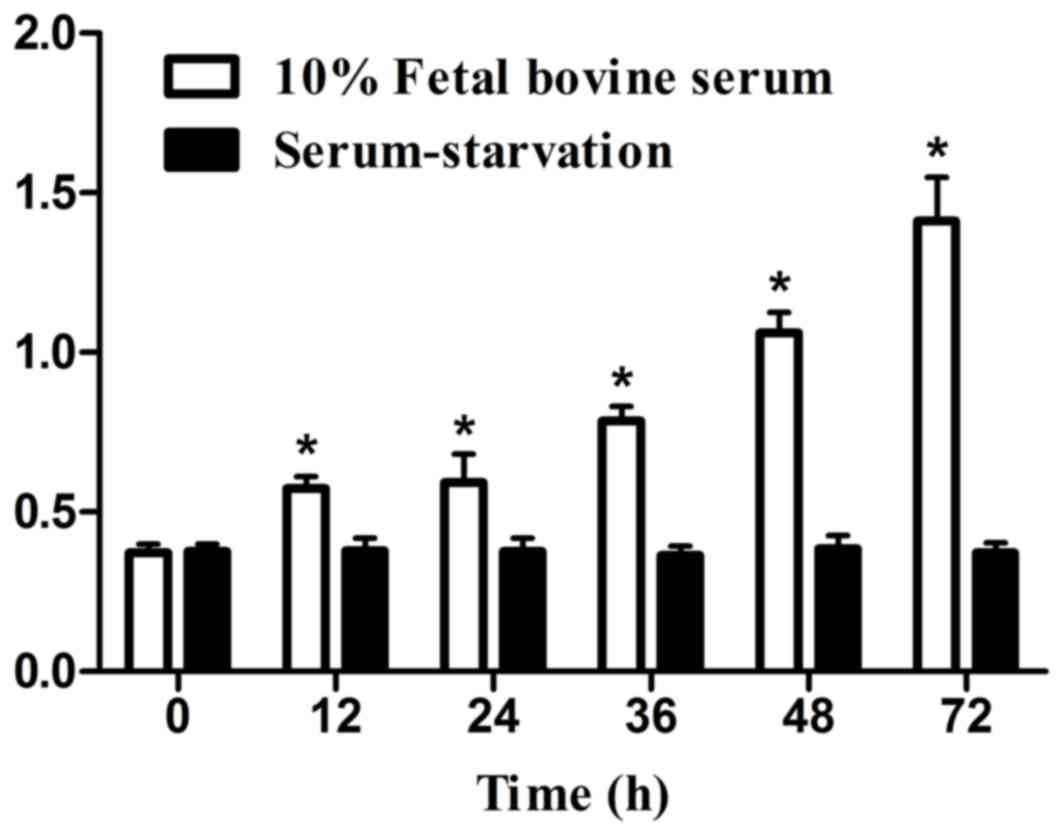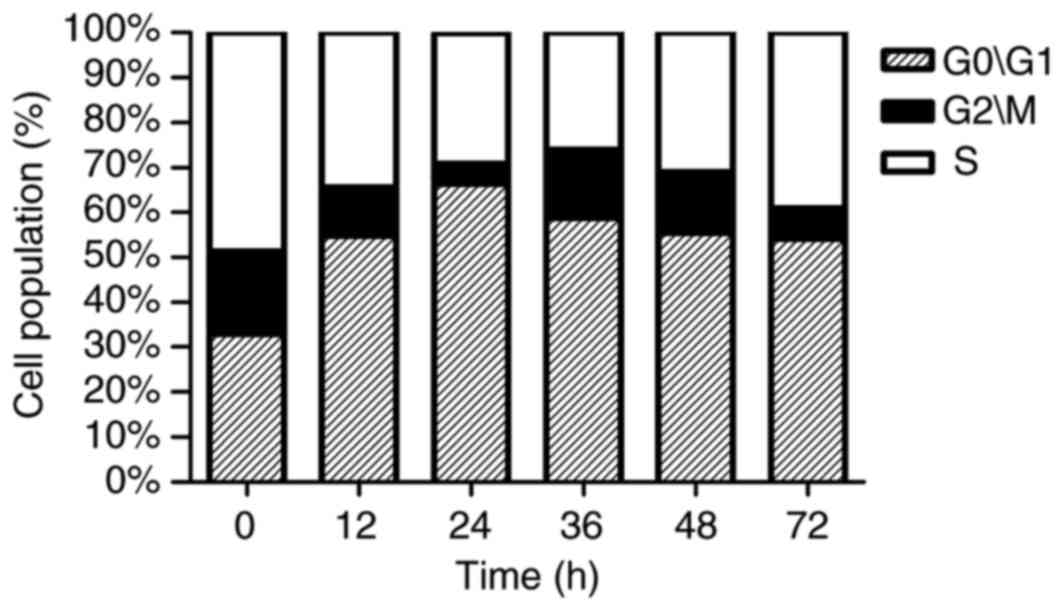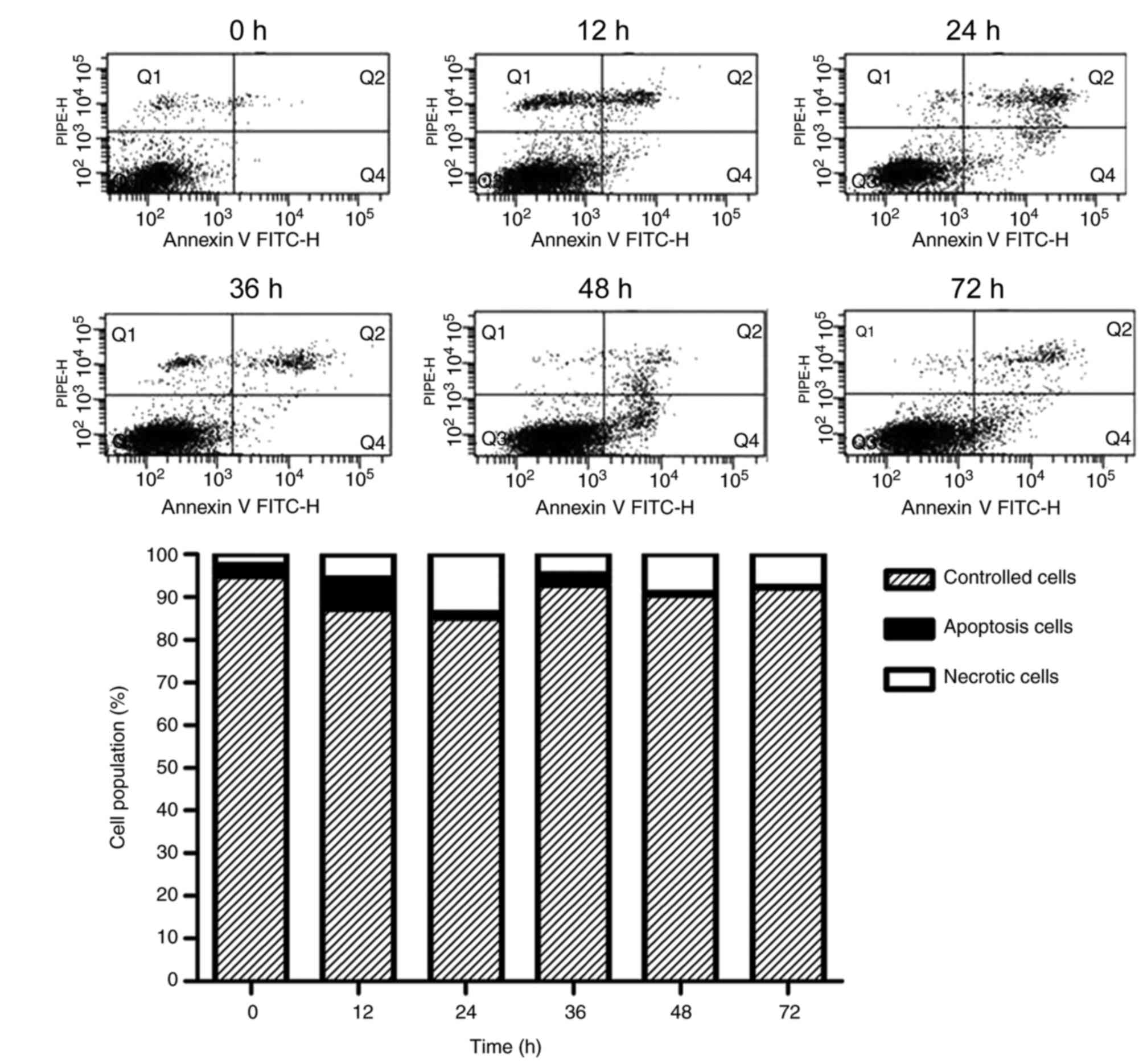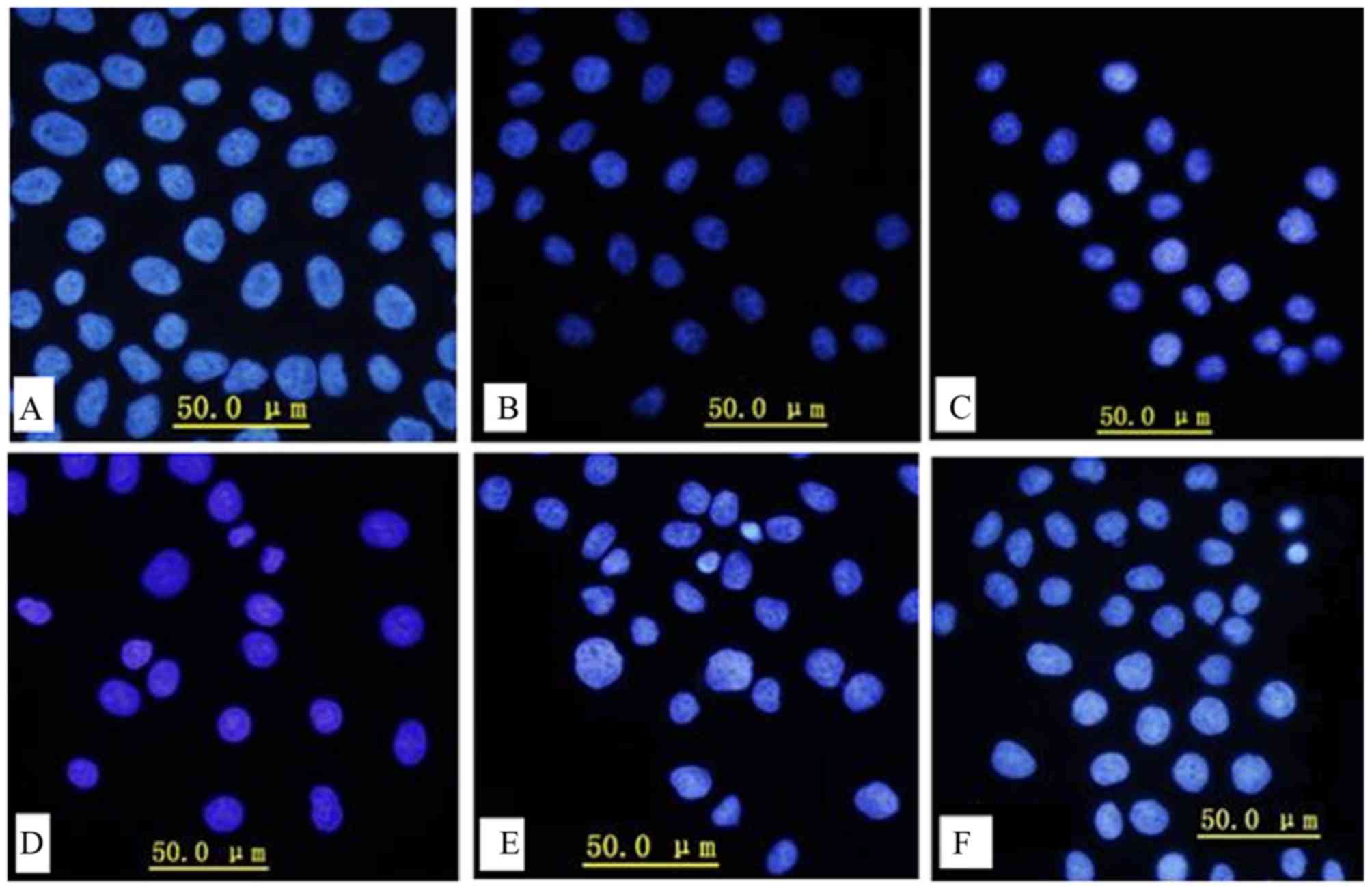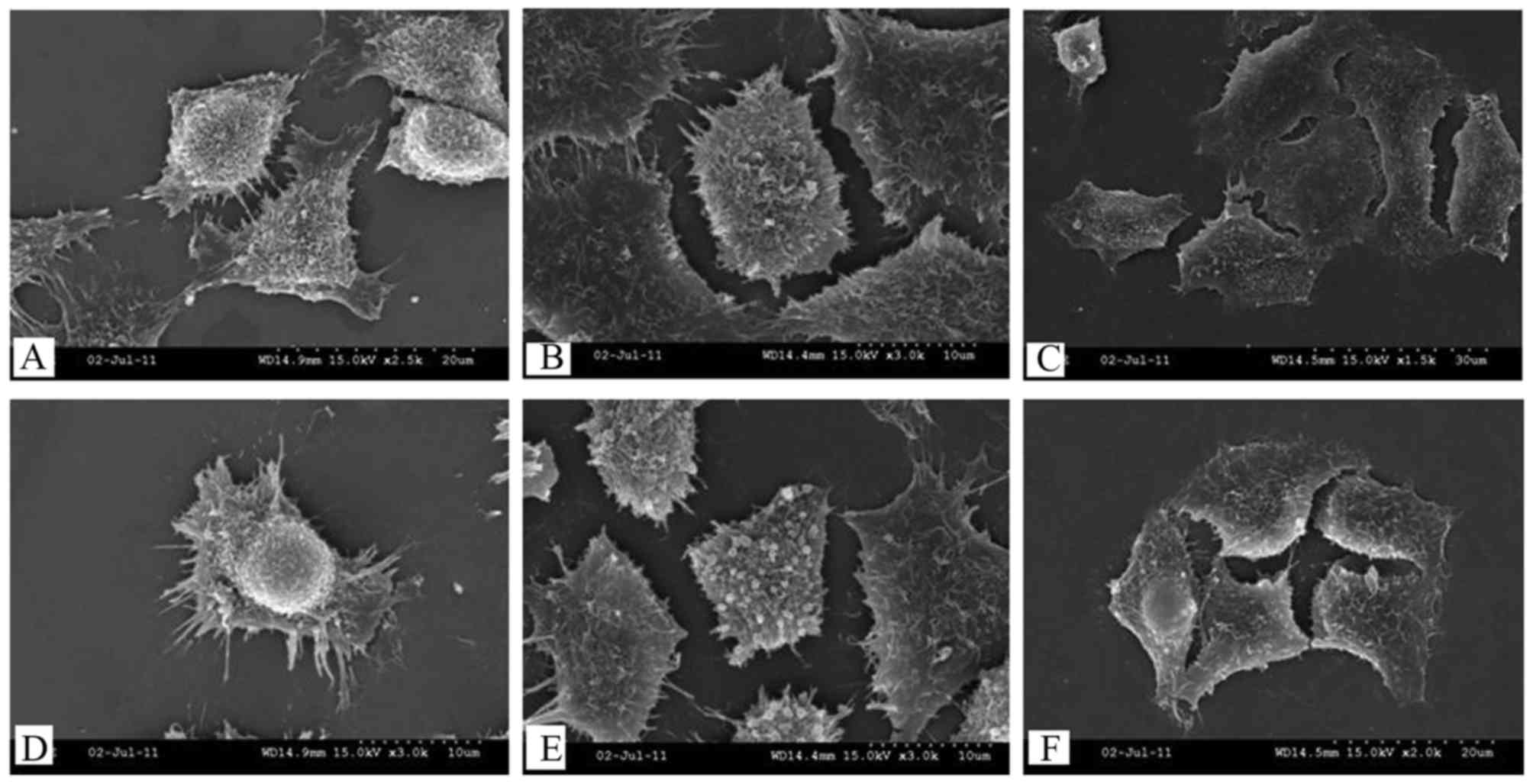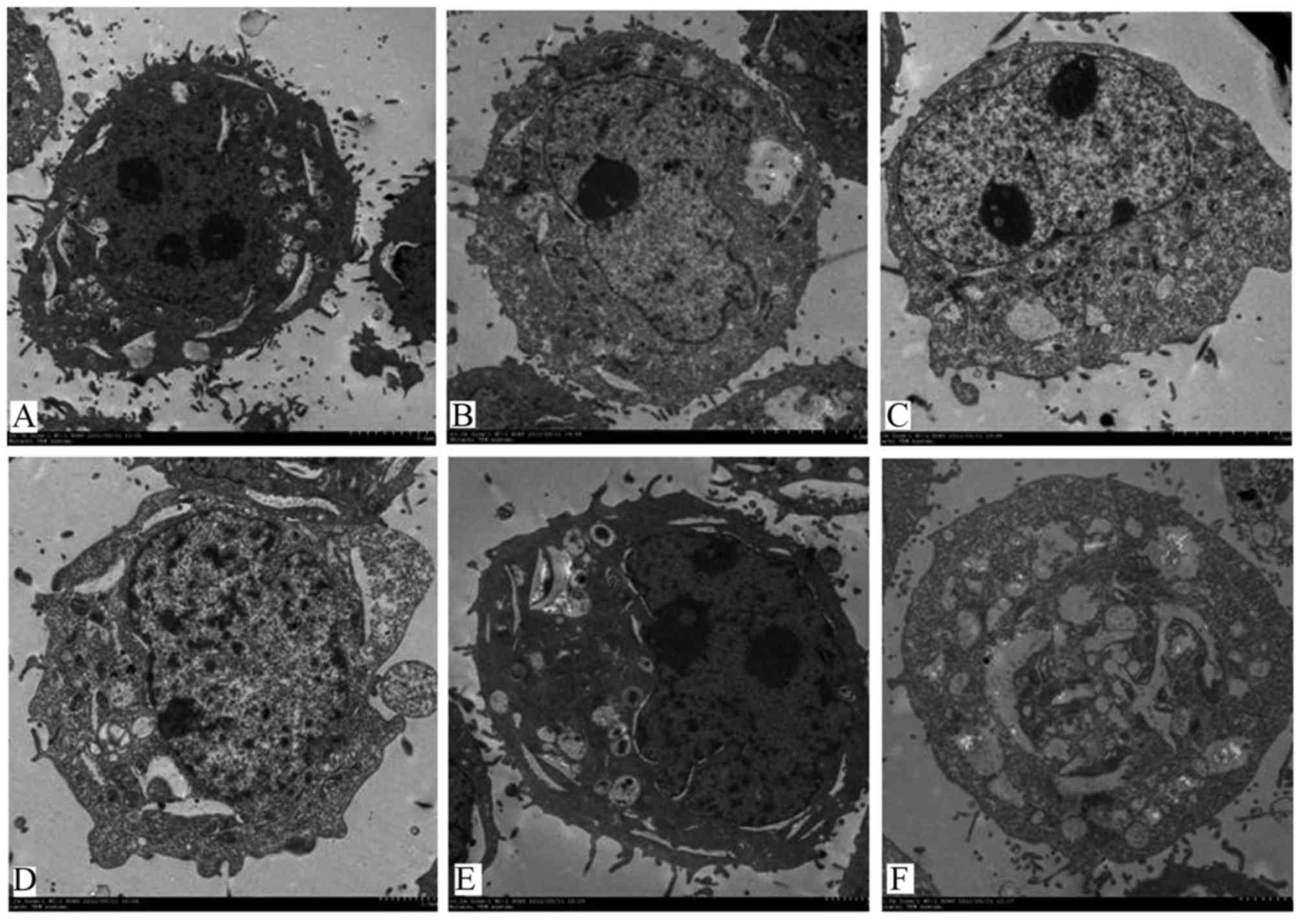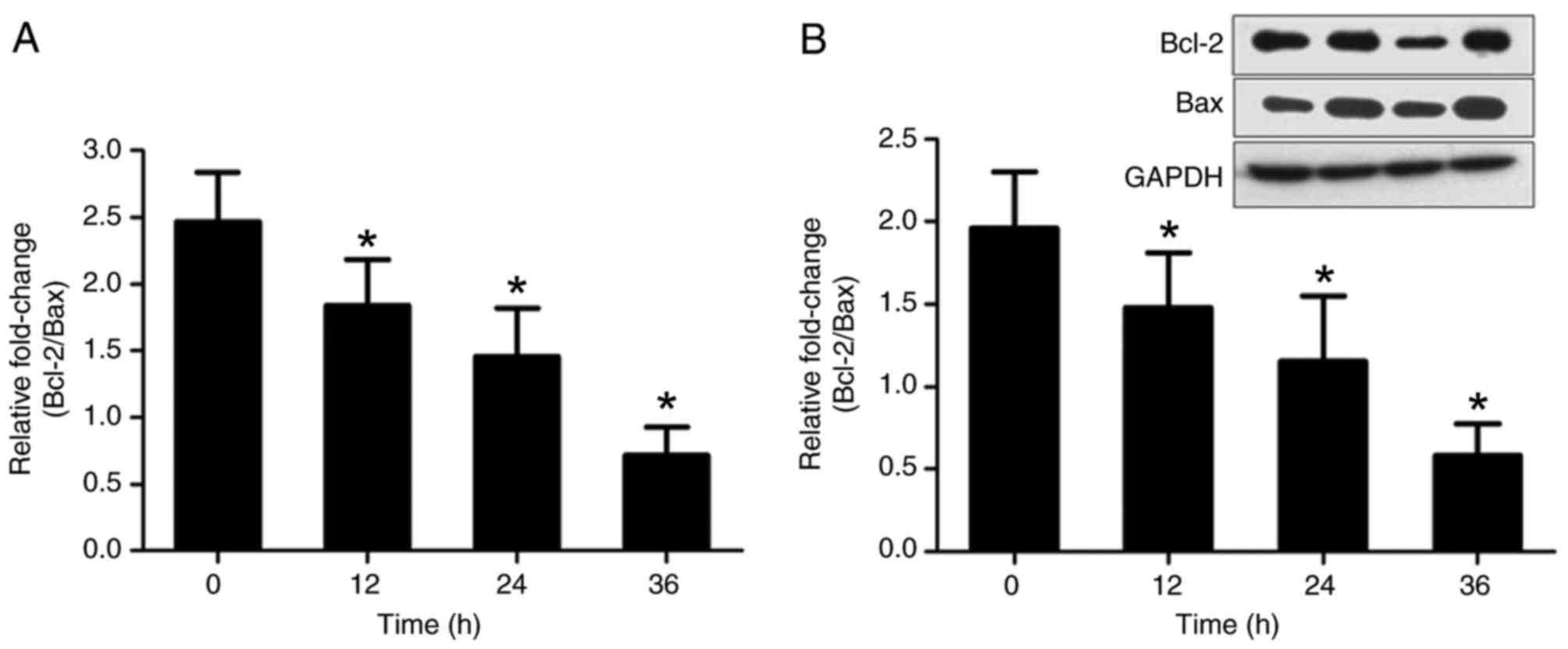|
1
|
Jiang B, Liang X, Chen Y, Ma T, Liu L, Li
J, Jiang R, Chen T, Zhang X and Li S: Integrating next-generation
sequencing and traditional tongue diagnosis to determine tongue
coating microbiome. Sci Rep. 2:9362012. View Article : Google Scholar : PubMed/NCBI
|
|
2
|
Zhao Y, Gou XJ, Dai JY, Peng JH, Feng Q,
Sun SJ, Cao HJ, Zheng NN, Fang JW, Jiang J, et al: Differences in
metabolites of different tongue coatings in patients with chronic
hepatitis B. Evid Based Complement Alternat Med. 2013:2049082013.
View Article : Google Scholar : PubMed/NCBI
|
|
3
|
Singha KB, Konar S, Mondal MK and Das J:
Scanning electron microscopic study of the human fungiform
papillae. J Anat Soc India. 59:154–157. 2010. View Article : Google Scholar
|
|
4
|
Jackowiak H and Godynicki S: The scanning
electron microscopic study of lingual papillae in the silver fox
(Vulpes vulpes fulva, Desmarest, 1820). Ann Anat. 186:179–183.
2004. View Article : Google Scholar : PubMed/NCBI
|
|
5
|
Kawasaki K, Porntaveetus T, Oommen S,
Ghafoor S, Kawasaki M, Otsuka-Tanaka Y, Blackburn J, Kessler JA,
Sharpe PT and Ohazama A: Bmp signalling in filiform tongue papillae
development. Arch Oral Biol. 57:805–813. 2012. View Article : Google Scholar : PubMed/NCBI
|
|
6
|
Da Silva AE, Rados PV, Da Silva Lauxen I,
Gedoz L, Villarinho EA and Fontanella V: Nuclear changes in tongue
epithelial cells following panoramic radiography. Mutat Res.
632:121–125. 2007. View Article : Google Scholar : PubMed/NCBI
|
|
7
|
Gonçalves AS, Arantes DA, Bernardes VF,
Jaeger F, Silva JM, Silva TA, Aguiar MC and Batista AC:
Immunosuppressive mediators of oral squamous cell carcinoma in
tumour samples and saliva. Hum Immunol. 76:52–58. 2015. View Article : Google Scholar : PubMed/NCBI
|
|
8
|
Zhang A, Sun H, Wang P and Wang X:
Salivary proteomics in biomedical research. Clin Chim Acta.
415:261–265. 2013. View Article : Google Scholar : PubMed/NCBI
|
|
9
|
Sun ZM, Zhao J, Qian P, Wang YQ, Zhang WF,
Guo CR, Pang XY, Wang SC, Li FF and Li Q: Metabolic markers and
microecological characteristics of tongue coating in patients with
chronic gastritis. BMC Complement Altern Med. 13:2272013.
View Article : Google Scholar : PubMed/NCBI
|
|
10
|
Pérez-Garijo A and Steller H: Spreading
the word: Non-autonomous effects of apoptosis during development,
regeneration and disease. Development. 142:3253–3262. 2015.
View Article : Google Scholar : PubMed/NCBI
|
|
11
|
Martin LJ: Neuronal cell death in nervous
system development, disease, and injury (Review). Int J Mol Med.
7:455–478. 2001.PubMed/NCBI
|
|
12
|
Mosmann T: Rapid colorimetric assay for
cellular growth and survival: Application to proliferation and
cytotoxicity assays. J Immunol Methods. 65:55–63. 1983. View Article : Google Scholar : PubMed/NCBI
|
|
13
|
Ozeki N, Mogi M, Nakamura H and Togari A:
Differential expression of the Fas-Fas ligand system on
cytokine-induced apoptotic cell death in mouse osteoblastic cells.
Arch Oral Biol. 47:511–517. 2002. View Article : Google Scholar : PubMed/NCBI
|
|
14
|
Tano T, Okamoto M, Kan S, Nakashiro K,
Shimodaira S, Koido S, Homma S, Sato M, Fujita T, Kawakami Y and
Hamakawa H: Prognostic impact of expression of Bcl-2 and Bax genes
in circulating immune cells derived from patients with head and
neck carcinoma. Neoplasia. 15:305–314. 2013. View Article : Google Scholar : PubMed/NCBI
|
|
15
|
Jiang W, Wang Q, Chen S, Gao S, Song L,
Liu P and Huang W: Influenza A virus NS1 induces G0/G1 cell cycle
arrest by inhibiting the expression and activity of RhoA protein. J
Virol. 87:3039–3052. 2013. View Article : Google Scholar : PubMed/NCBI
|
|
16
|
Zhang W, Wang F, Xu P, Miao C, Zeng X, Cui
X, Lu C, Xie H, Yin H, Chen F, et al: Perfluorooctanoic acid
stimulates breast cancer cells invasion and up-regulates matrix
metalloproteinase-2/-9 expression mediated by activating NF-κB.
Toxicol Lett. 229:118–125. 2014. View Article : Google Scholar : PubMed/NCBI
|
|
17
|
Livak KJ and Schmittgen TD: Analysis of
relative gene expression data using real-time quantitative PCR and
the 2(-Delta Delta C(T)) method. Methods. 25:402–408. 2001.
View Article : Google Scholar : PubMed/NCBI
|
|
18
|
Cerella C, Sobolewski C, Chateauvieux S,
Henry E, Schnekenburger M, Ghelfi J, Dicato M and Diederich M:
COX-2 inhibitors block chemotherapeutic agent-induced apoptosis
prior to commitment in hematopoietic cancer cells. Biochem
Pharmacol. 82:1277–1290. 2011. View Article : Google Scholar : PubMed/NCBI
|
|
19
|
Brunk UT, Dalen H, Roberg K and Hellquist
HB: Photo-oxidative disruption of lysosomal membranes causes
apoptosis of cultured human fibroblasts. Free Radic Biol Med.
23:616–626. 1997. View Article : Google Scholar : PubMed/NCBI
|
|
20
|
Zhang H, An X, Zhou Y, Zhang B, Zhang S,
Li D, Chen Z, Li Y, Bai S, Lv J, et al: Effect of oxidative stress
induced by Brevibacterium sp. BS01 on a HAB causing
species-Alexandrium tamarense. PLoS One. 8:e630182013. View Article : Google Scholar : PubMed/NCBI
|
|
21
|
Izumi K, Nakajima T, Maeda T, Cheng J and
Saku T: Adenosquamous carcinoma of the tongue: Report of a case
with histochemical, immunohistochemical, and ultrastructural study
and review of the literature. Oral Surg Oral Med Oral Pathol Oral
Radiol Endod. 85:178–184. 1998. View Article : Google Scholar : PubMed/NCBI
|
|
22
|
Görögh T, Lippert BM, Gottschlich S, Folz
B and Werner JA: Establishment and characterization of 2 cell lines
of squamous epithelial carcinoma of the mouth floor and tongue.
Laryngorhinootologie. 74:684–690. 1995. View Article : Google Scholar : PubMed/NCBI
|
|
23
|
Chen AK, Reuveny S and Oh SK: Application
of human mesenchymal and pluripotent stem cell microcarrier
cultures in cellular therapy: Achievements and future direction.
Biotechnol Adv. 31:1032–1046. 2013. View Article : Google Scholar : PubMed/NCBI
|
|
24
|
Wilmarth PA, Riviere MA, Rustvold DL,
Lauten JD, Madden TE and David LL: Two-dimensional liquid
chromatography study of the human whole saliva proteome. J Proteome
Res. 3:1017–1023. 2004. View Article : Google Scholar : PubMed/NCBI
|
|
25
|
Yu YS, Sun XS, Jiang HN, Han Y, Zhao CB
and Tan JH: Studies of the cell cycle of in vitro cultured skin
fibroblasts in goats: Work in progress. Theriogenology.
59:1277–1289. 2003. View Article : Google Scholar : PubMed/NCBI
|
|
26
|
Papa F, Scacco S, Vergari R, De Benedittis
M, Petruzzi M, Lo Muzio L and Serpico R: Expression and subcellular
distribution of Bcl-2 and BAX proteins in serum-starved human
keratinocytes and mouth carcinoma epidermoid cultures. Life Sci.
73:2865–2872. 2003. View Article : Google Scholar : PubMed/NCBI
|















